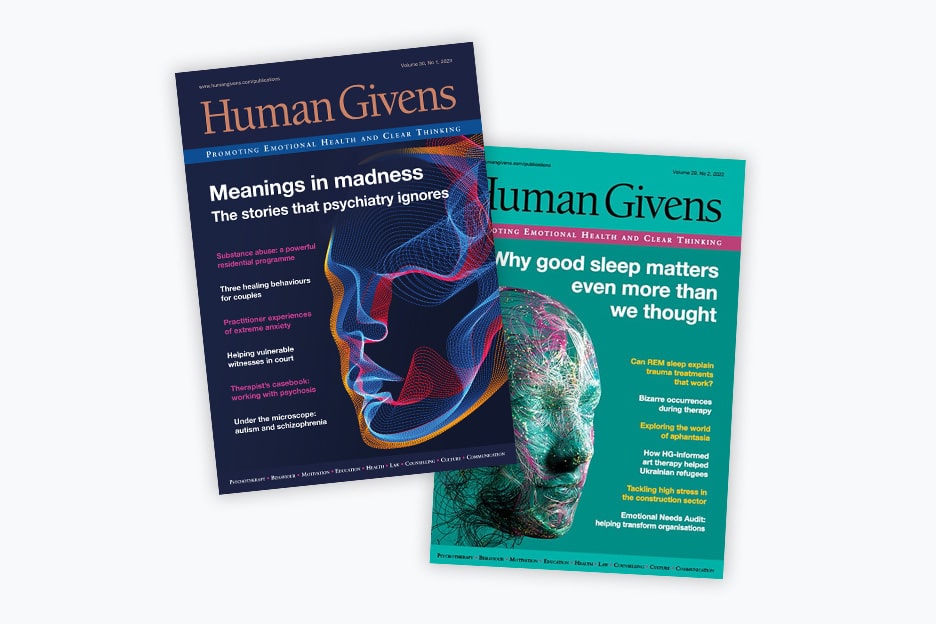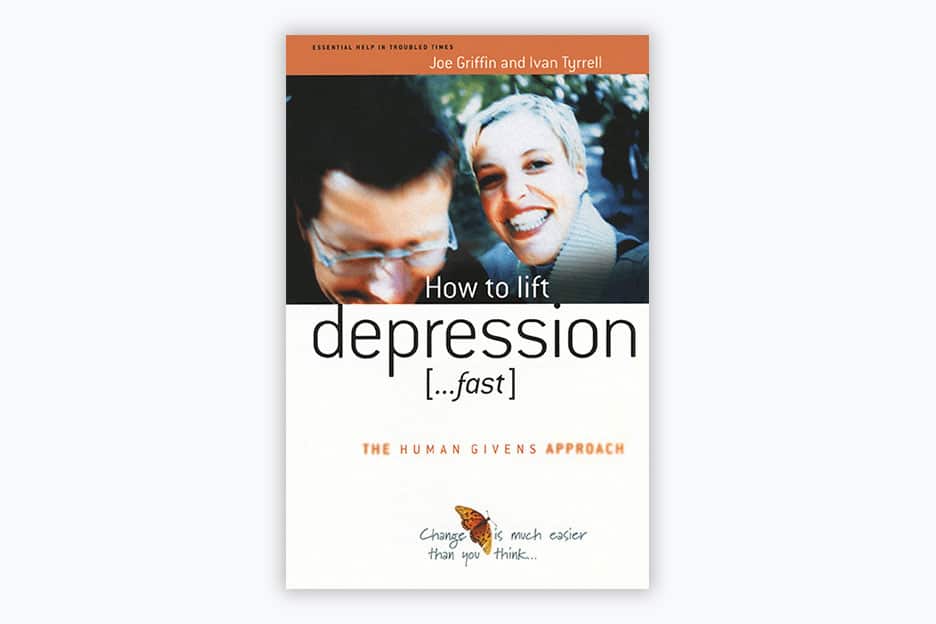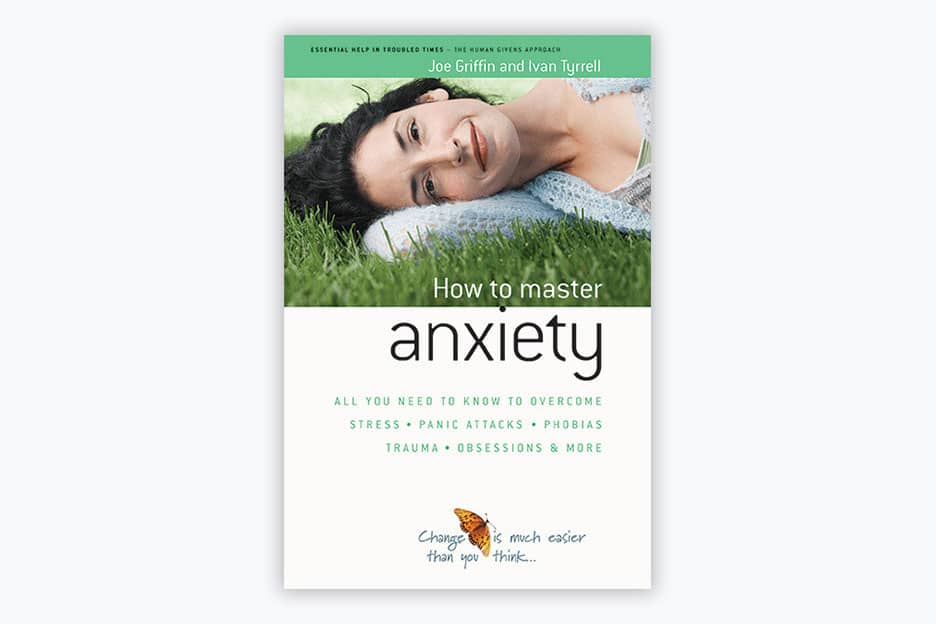Our Social Identities
We can use them against depression and anxiety.
YOU are at a party or some other gathering and someone you don’t know asks, ‘So what do you do?’ Chances are you will interpret this as an enquiry about what you do for a living. And maybe you will say that you are a teacher, an administrator, a radiographer, a plumber or whatever it is that you ‘do’. Or maybe you say, perhaps even apologetically, ‘I’m not actually working at the moment’.
Yet we are all so much more than what we do or don’t do for a living. You are probably also a partner, a sibling or a friend, a sports enthusiast, a member of the choir or the gym, a xylophone player, a helpful member of the community, perhaps a keen painter of watercolour landscapes or a caretaker of lost cats. Refusing to be pigeon holed and keeping in mind that we all have myriad aspects to ourselves, involving many different relationships, can have surprisingly positive effects on emotional and cognitive health.
For instance, when children even as young as six or seven were made consciously aware of their multiple social identities (not just their ethnicity and gender but also their different social roles and family positions), they tended to become more creative and flexible thinkers.
This article was first published on Psychology Today, and was written by Denise Winn.


